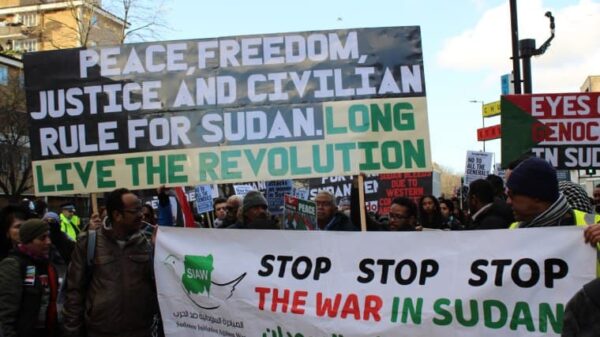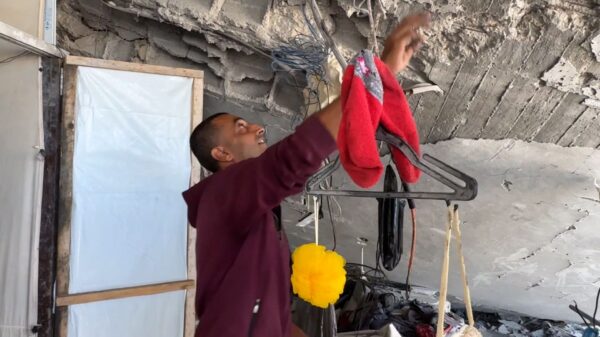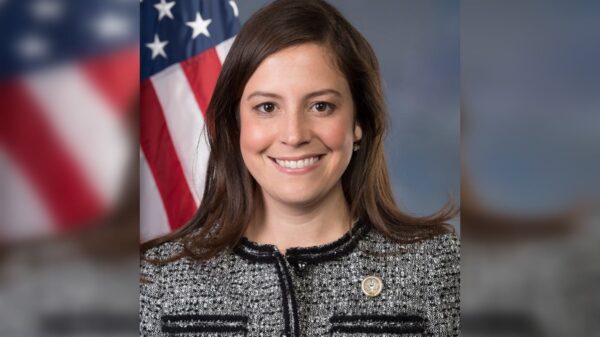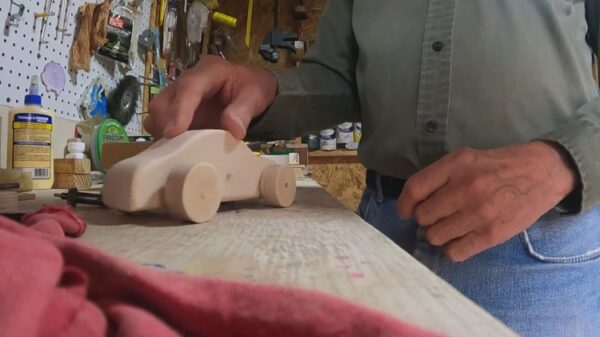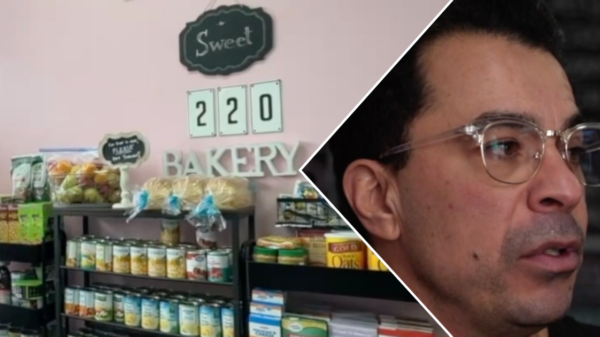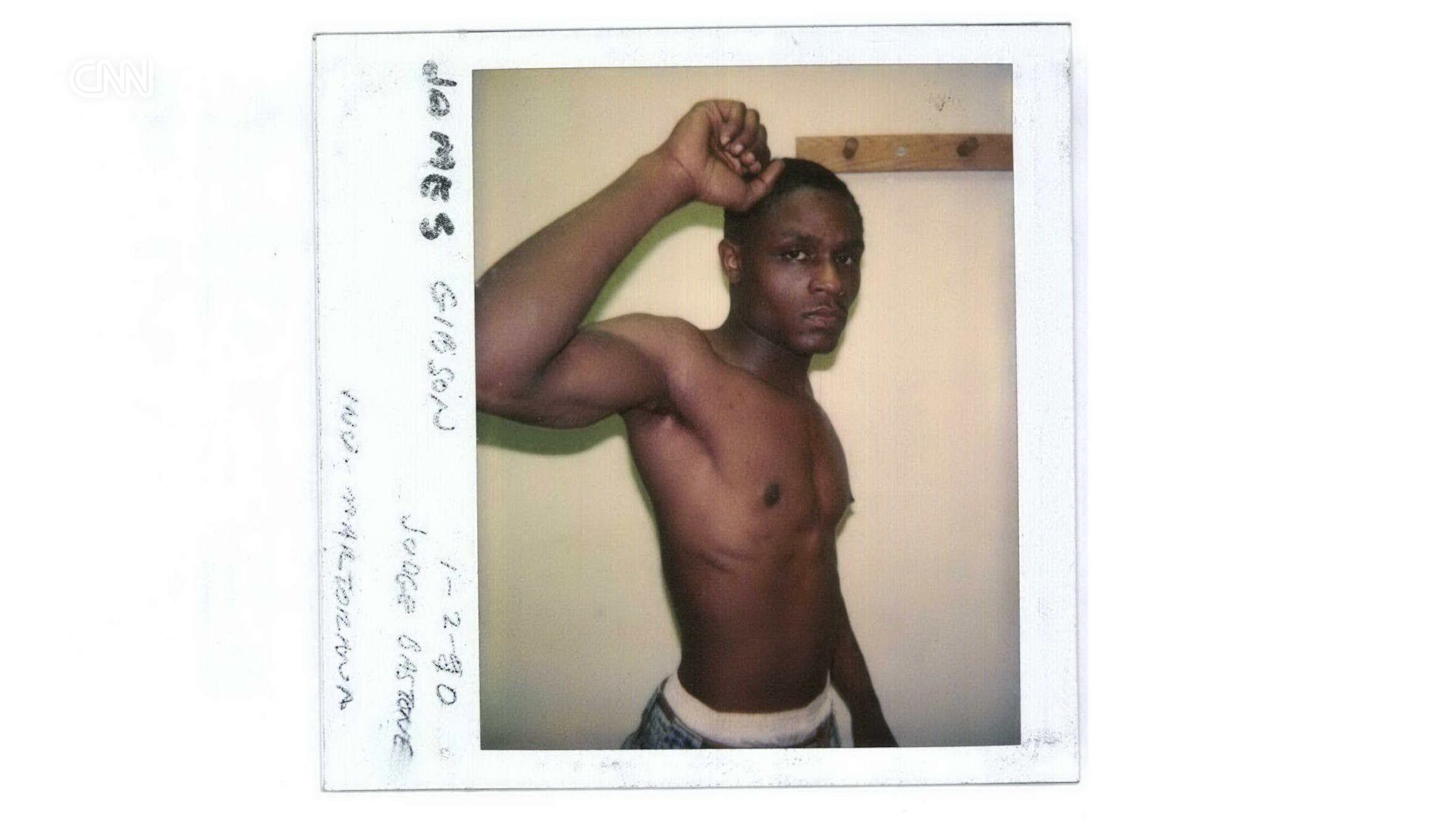UPDATE: In a shocking turn of events, two men wrongfully imprisoned for decades in Chicago have finally been exonerated, revealing the dark reality of police misconduct and torture. James Gibson and Keith Smith, both now in their 50s, had their lives shattered after being falsely accused of murder in December 1989.
Authorities report that Gibson was taken into custody despite having an alibi, and endured brutal treatment at the hands of police officers, including punches, slaps, and prolonged interrogation. Smith, facing similar torture, falsely confessed to crimes he did not commit, believing it would secure his release.
This case highlights the systemic failures of law enforcement under the command of former police officer Jon Burge, who presided over a notorious group known for coercing confessions through violence. As of 2025, records indicate that over 130 individuals have been victims of Burge’s misconduct.
Both men faced life sentences based on fabricated evidence and coerced statements, with Gibson being convicted in 1990 after a bench trial. He later expressed regret for not opting for a jury trial, stating, “How do you fight a case that doesn’t exist?”
Inside prison, Gibson transformed into a jailhouse lawyer, inspired by his mother’s unwavering belief that he would one day return home. He fought tirelessly against his wrongful conviction while grappling with the loss of family members during his incarceration. Meanwhile, Smith also lost his parents while serving time, but eventually found the courage to respond to Gibson’s letters after years of silence.
In 2012, Smith was released after filing a postconviction petition that uncovered new evidence of the coercive tactics used against him. He made an Alford plea, allowing him to maintain his innocence while accepting a guilty plea. In April 2019, Gibson’s charges were officially dismissed, marking the end of his 30-year fight for justice.
Gibson’s story took another turn when he reached a settlement with the City of Chicago for $14.75 million this year, just weeks after receiving his certificate of innocence. He expressed gratitude, saying, “I’m here, mama, I made it. I’m here, mama, they couldn’t break me,” while reflecting on the emotional toll of his wrongful conviction.
In stark contrast, Smith struggles with homelessness and has no legal recourse to seek compensation for his suffering due to his Alford plea. “It’s hard for me, everything,” Smith shared, emphasizing that freedom is his only priority.
Both men’s experiences reveal the devastating impact of systemic failures within law enforcement. Gibson now battles the psychological scars of his wrongful imprisonment, while Smith grapples with the harsh realities of rebuilding his life.
The stories of Gibson and Smith serve as a clarion call for justice reform, emphasizing the need for accountability in police practices. As they navigate their newfound freedom, both men highlight the importance of acknowledging past injustices and striving for a more equitable legal system.
As developments continue to unfold, the public is urged to consider the implications of this case on broader issues of wrongful convictions and police brutality. The fight for justice is far from over, as both men seek not only healing for themselves but also a commitment to change within the justice system.


